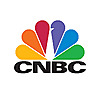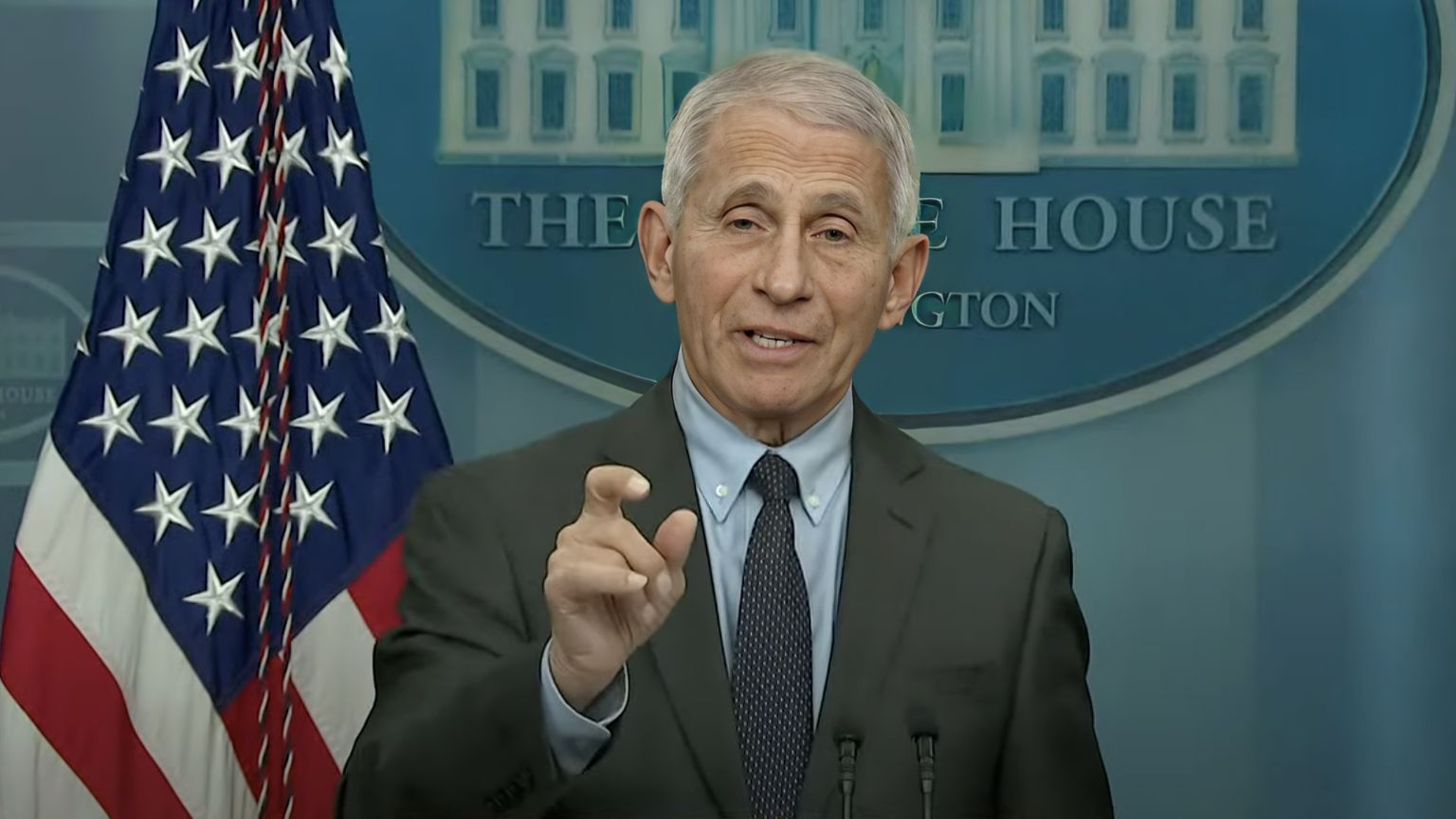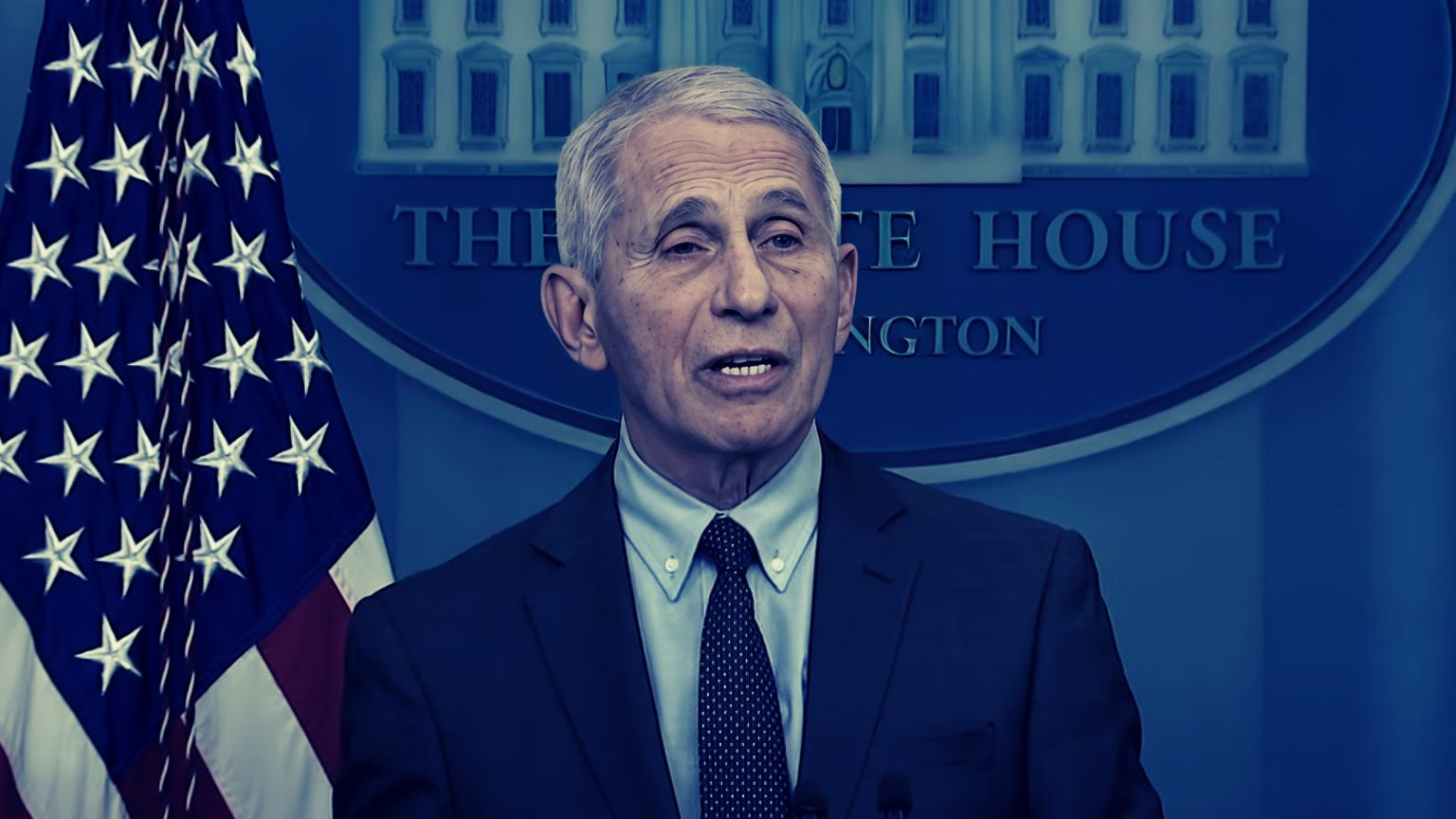Pakistan's soaring inflation is one reason the country's central bank hiked its interest rate for the second time in more than two months Monday, the State Bank of Pakistan's acting governor told CNBC.
Consumer prices have spiked in recent months and Pakistan needs to cool its economy, Murtaza Syed of the State Bank of Pakistan told CNBC. He noted inflation hit a two-year high of 13.4% in April.
The central bank hiked its rate by 150 basis points to 13.75%, which it said should "keep inflation expectations anchored" and help moderate demand to a more "sustainable pace."
"The economy could do with some cooling and this decision yesterday was a step in that direction," Syed told CNBC's "Street Signs Asia" on Tuesday. "Unlike many other emerging markets, Pakistan actually had a very shallow recession after Covid [began]. The economy contracted by only 1% — quite a good outcome compared to what happened globally. And since then, the last few years, we've actually seen very strong growth."
Pakistan's GDP was 5.7% last year, he said. In comparison, Asia's GDP for 2021 was 6.5%, according to the International Monetary Fund.
The central bank took on a similar tone in its monetary policy statement Monday, saying that the economy's "sustained and vigorous rebound" after the initial Covid shock has meant policy tightening is needed to counter elevated inflation.
The country's headline inflation of 13.4% in April was driven mostly by fresh food items and a rise in core inflation, the central bank said.
Many countries are struggling with high inflation as prices rise to multi-year highs.
In Asia, inflation in developing countries stayed below the global trend last year, but was expected to rise, according to the Asian Development Bank. Regional inflation among developing countries in Asia was at 2.5% last year, compared with an average of 4.3% in the U.S., and 9.3% in emerging economies in Latin America, according to the ADB.










 English (US) ·
English (US) ·